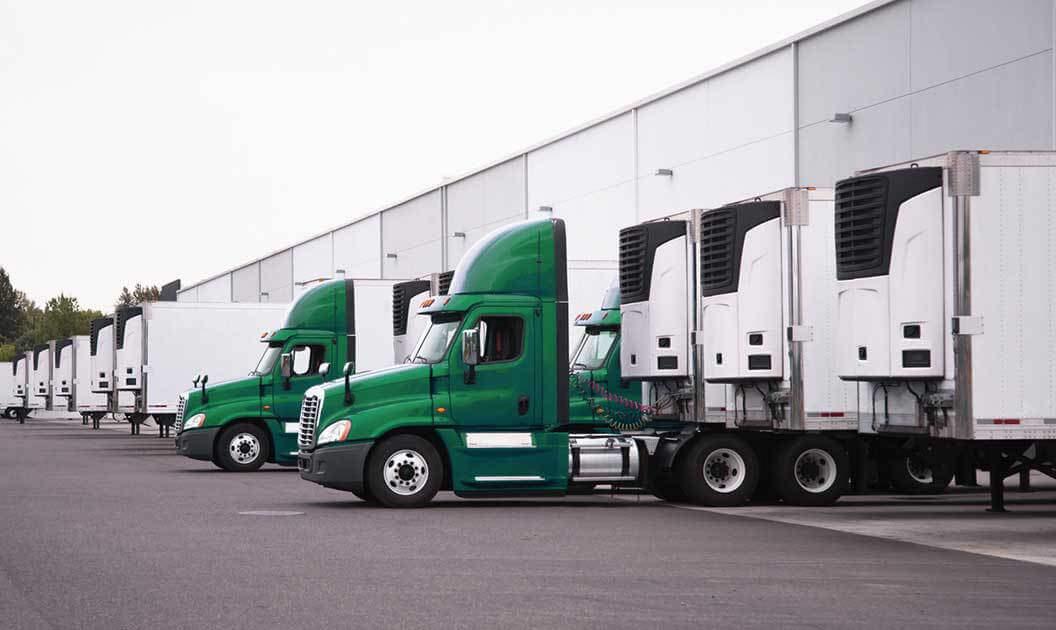The Role of Refrigerated Trucking Companies in the Food Supply Chain

The movement of food from farms and factories to consumers depends on a network of reliable services. Among these, refrigerated transportation plays a vital role. Without the ability to keep food fresh during long journeys, much of what we consume today would not reach store shelves in safe condition. This article explains the importance of refrigerated trucking in the food supply chain and how it ensures safety, efficiency, and quality.
Ensuring Food Safety
The first responsibility of refrigerated trucking companies is to maintain the correct temperature for perishable goods. Products such as dairy, seafood, fruits, and vegetables require specific conditions to avoid spoilage. Any delay or temperature change increases the risk of spoilage and foodborne illness. By utilising modern refrigeration systems and real-time monitoring, these services ensure food remains safe throughout the journey.
Reducing Food Waste
One of the biggest challenges in the food industry is waste, and refrigerated trucks play a crucial role in reducing it. Their role becomes clear when we consider the following:
-
Extend the shelf life of perishable products
-
Support consumer access to seasonal produce year-round
-
Lower financial losses for suppliers and retailers
By maintaining the right temperature, these trucks help ensure that food harvested in one region can safely reach distant markets.
Supporting Global and Local Trade
Refrigerated transport is not limited to exports; it also supports everyday trade within cities and regions. Its importance can be seen in these ways:
-
Enable international exports such as frozen seafood and dairy
-
Ensure a steady supply for supermarkets, hotels, and restaurants
-
Help small producers compete by reaching wider customer bases
This shows how refrigerated transport strengthens both global supply chains and local business networks.
Technology and Efficiency
Modern refrigerated transport uses advanced tools to improve safety and reliability. Some of the most important features include:
-
GPS tracking for real-time location updates
-
Temperature sensors for regulatory compliance
-
Automated controls for consistent performance
Together, these tools reduce losses, increase efficiency, and assure customers of food quality.
Cost and Accessibility
Refrigerated transport may involve investment, but its benefits outweigh the costs. The advantages include:
-
Reducing risks of recalls and spoiled stock
-
Ensuring compliance with food safety rules
-
Giving smaller businesses access to trusted logistics services
By offering these benefits, refrigerated trucking companies help keep the food industry both efficient and competitive.
Importance in Daily Supply
From milk in the morning to frozen meals at night, refrigerated transportation supports daily consumption needs. Farmers, manufacturers, and retailers depend on this link in the chain. Without it, many of the food items we take for granted would not be available in safe and edible form.
Conclusion
The food supply chain relies heavily on temperature-controlled transportation. By protecting food from spoilage, reducing waste, and enabling global trade, refrigerated transport ensures that safe and fresh products reach consumers. It is not just a service but a necessary backbone of the food industry.


